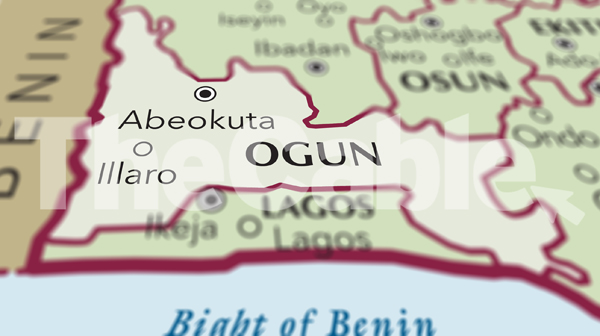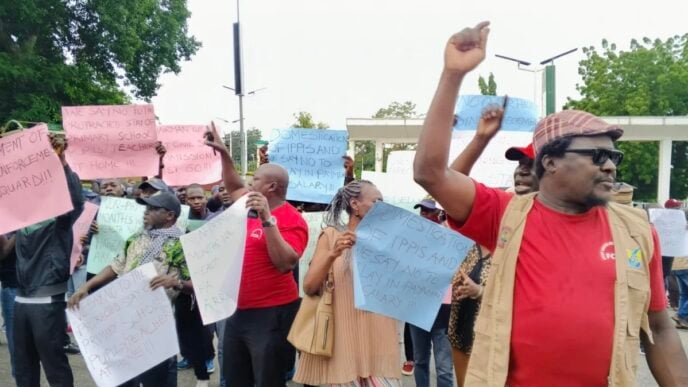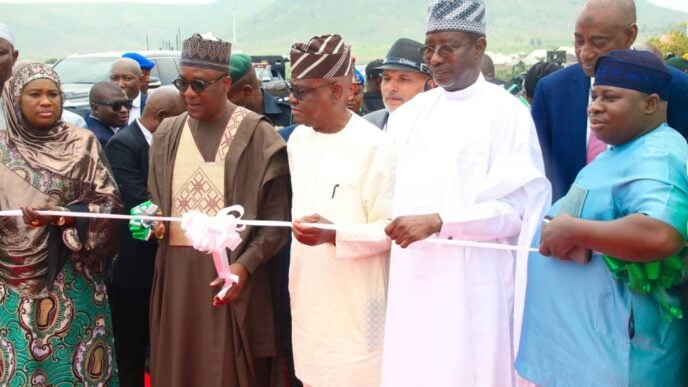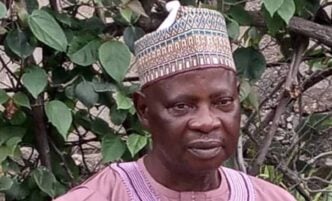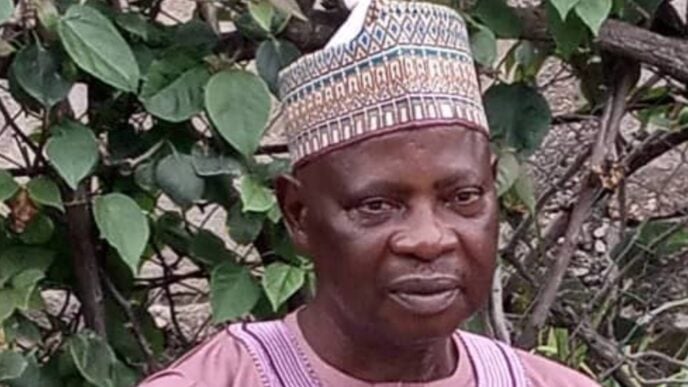The Ogun state government has issued a clarification regarding reports suggesting that P.O. Akinside, a judge of the customary court of appeal, delivered a binding judicial pronouncement on the burial rites of traditional rulers.
Dapo Abiodun, the state governor, in a statement signed by Kayode Akinmade, his special adviser on media and strategy, said Akinside’s comments were made in the context of a public lecture and do not constitute a court judgement.
During the lecture, Akinside reportedly argued that traditional rulers must submit to the customs and burial rites of the traditional institutions they voluntarily joined.
The judge further said that the monarchs forfeit the right to opt out of those customs even in death.
Advertisement
But the state government explained that Akinside’s views only reflect his personal opinion.
“The comments made by the Honourable Judge were delivered in a lecture and do not amount to a judicial pronouncement in any matter,” the statement reads.
“For the avoidance of doubt, it is important to reiterate that traditional rulers are custodians of, and are expected to abide by, the customs of the institutions to which they belong, but such customs must operate within the bounds of the law.”
Advertisement
The government reaffirmed the provisions of the Obas and Chiefs Law of Ogun State 2021, specifically section 55, which governs the preservation and regulation of traditional burial rites.
Subsection (ii) grants a traditional ruler “the right to be buried in accordance with the customs and traditions of the land”, provided that the body is not subjected to mutilation or cannibalisation.
Subsequent subsections (iii) to (v) establish that the relevant traditional council must determine the nature of the rites, register a declaration of those rites with the commissioner within 21 days, and ensure that registration acts as sufficient proof of compliance.
The statement further highlighted that sections 55 and 56 of the law explicitly prohibit harmful practices such as mutilation, cannibalism, and human rituals, and criminalise the killing or use of human parts during burial rites or the installation of a monarch in the state.
Advertisement
“This statutory position remains the definitive authority on what is legally permissible in the conduct of customary burial rites for traditional rulers,” the statement reads.
The state government reiterated its commitment to upholding the rule of law and promoting lawful cultural practices while calling on media organisations and the public to refer to the Obas and Chiefs Law 2021 for accurate guidance on traditional rites.

